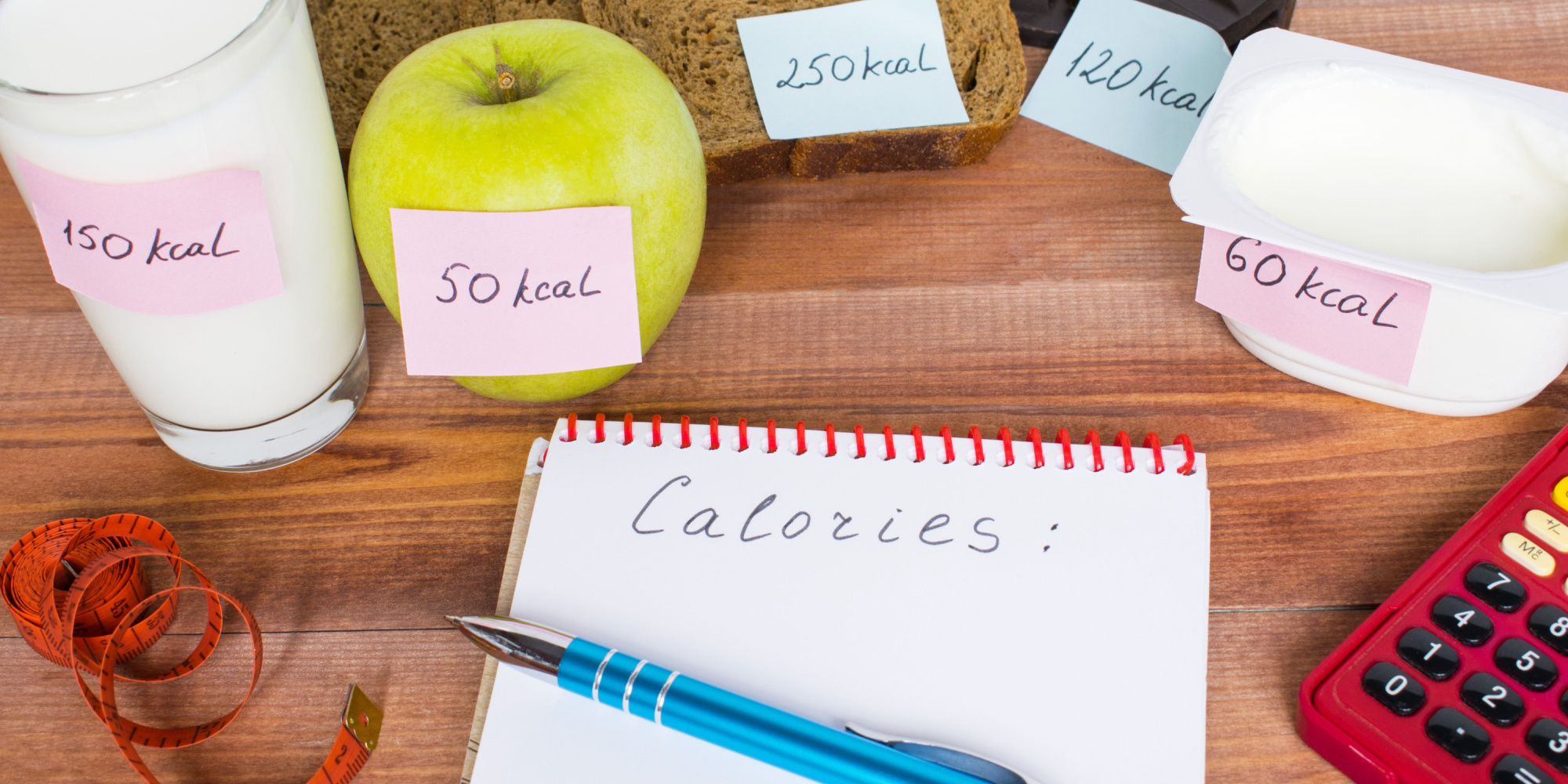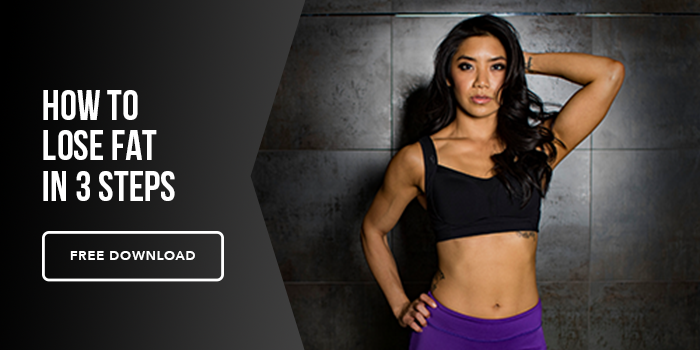The idea of losing weight can be extremely stressful and sometimes overwhelming. Whether it’s for aesthetic, performance, or health reasons, losing weight can be considered a journey that enables a rollercoaster of emotions and tribulations.
One topic that can easily concern those who are losing weight is whether tracking calories and macros really make a difference for their weight loss goal.
For the most part, calorie and macro counting is an effective tool to help lose weight and stay on track, whatever your overall goal may be. But, it is not for everyone.
Why Calorie Counting Helps
- Provides a solid starting point. It’s difficult to create a calorie deficit when you don’t even know how many calories you are currently eating. Even just taking a few weeks to journal or track what you’re eating can help establish what needs to be done to start losing weight. Most people are shocked to find out that they are actually eating 300–500 calories more than what they thought, and tracking (honestly) allows you to see that. Once you have discovered how much you are currently eating, then you know where to go from there with your calorie and macronutrient goals. Continuously tracking will also help ensure your nutrition doesn’t go off the rails.
- Ensures you are reaching your macronutrient goals. As you cut calories, it is so important to consider macronutrients for your overall health. Adequate protein will help maintain muscle while regulating numerous functions in the body. As much as fat and carbs are demonized, they both play a substantial role in our energy levels and cellular function. If you have a low-carb day, that can help explain why you’d be feeling sluggish or have difficulty focusing; if you are losing lean muscle mass as your weight decreases, you’d be able to tell if protein levels are lacking. Knowing these stats can help maintain positive energy and well-being.
- Helps identify triggering foods. Let’s be honest, there are some foods that just don’t agree with us. From dairy to gluten and even raw vegetables, food sensitivities can lead to bloating, indigestion, inflammation, headaches, and loads of other symptoms. Tracking your food can help you figure out if there are certain foods that maybe just don’t agree with you. There have been times when logging my food has helped me realize that the bloat and sluggishness I felt was actually linked to the processed foods I ate the day before. Once I turned my nutrition choices around, my mood started to lift and my bloat dissipated.
Why You Should Avoid Calorie Counting
As helpful as food tracking may be, it is sometimes not the best option for everyone. If you have an unhealthy relationship with food, logging what you eat may exacerbate those issues, and you may achieve the opposite results of what you’re striving for.
There are studies that show diet and fitness apps can be triggering for those with eating disorders. Fixation on numbers, rigidity, obsession, and extreme negative emotions from not hitting certain dietary markers are common data points researchers have noted from people who heavily rely on diet tracking apps and journals.
If you have suffered from an eating disorder in the past or present, or your emotional wellbeing relies on meeting certain calorie goals, calorie counting should probably be avoided. An alternative method that would probably be more successful is an intuitive eating approach. This term has been bounced around a lot in recent years (as it should), because unlike traditional diet methods that can feel restrictive, intuitive eating is void of set rules and presents a nonlinear approach to leading a healthy lifestyle.
Essentially, intuitive eating is all about trusting your body to make eating choices that feel good for you. No food is off limits, and this method helps teach you to be more aware of hunger and satiety cues so that you can better identify when to stop eating.
This process of coming to terms with freeing yourself from rigid diet methods and numbers can take time to get used to, and weight loss may not be seen as quickly (though for some, it can!), but it comes with less stress; just by learning to reduce stress while simply being mindful of what you’re eating could make the long-term approach to weight loss a bit more sustainable.
So, Do You Need to Count Calories and Macros to Lose Weight?
The short answer is no, you don’t need to, but it can help in certain circumstance. Counting calories and macros can help with nutrition and dietary awareness, as long as it doesn’t become obsessive and unhealthy.






